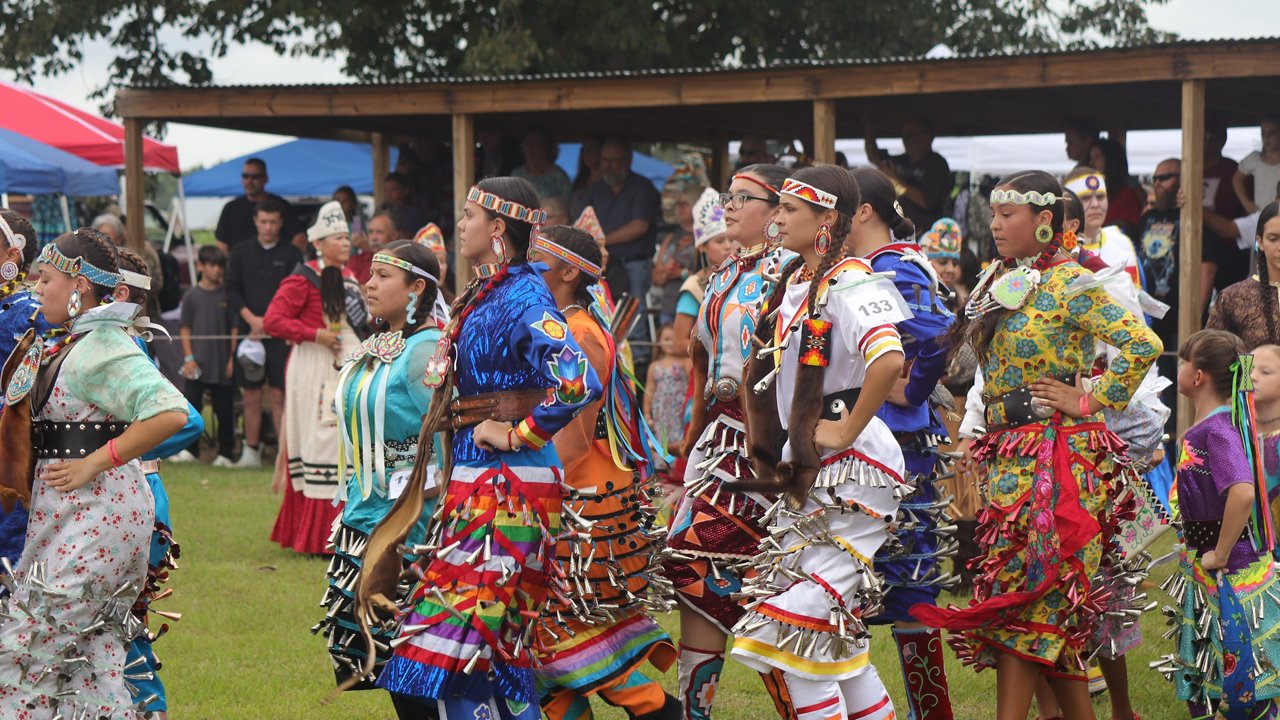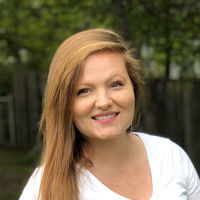How to be an ally to Indigenous people this American Indian Heritage Month

When you think of American Indians, do you think of the Cherokee? Or perhaps tribes in the western United States, like the Sioux, Shoshone or Apache? You may be surprised to learn that North Carolina is home to more than 130,000 American Indians. That number includes eight tribes and four urban NC Indian organizations. In fact, North Carolina has the second-highest Native population east of the Mississippi River!
November is American Indian Heritage Month – a time to celebrate and raise awareness about the diverse American Indian population we have here in North Carolina. At Blue Cross and Blue Shield of North Carolina (Blue Cross NC), we know that educating our employees and members about American Indian populations is an investment in the health and well-being of tribal communities.
I am an enrolled member of the Sappony Tribe, whose traditional homelands, called High Plains, straddle Person County, North Carolina and Halifax County, Virginia. Being Sappony has always been an important part of my identity. We have a rich heritage, and throughout hundreds of years of change, we have maintained our tribal and family bonds as Sappony people. We celebrate our culture through tribal events and art, maintaining our community while also educating others about our culture and heritage.
As Blue Cross NC’s Tribal Liaison for Healthy Blue members, I meet a lot of people who want to learn more about us, especially in November when people want to know what they can do for Native communities.
Listening and learning are some of the best ways you can help celebrate American Indian Heritage Month. Just by reading an article or watching a video, you can discover our remarkable history and culture and learn how to be an ally for Indigenous people.
Here are a few ways to do that.
Learn
Learn more about the present-day experience of Native people. The best way to do that is to get your information from sources authored and compiled by Native people.
Books: Check out this list of culturally appropriate books by First Nations Development Institute.
Movies: Variety and the Albany County public library have compiled lists of motion pictures from Native filmmakers, not just Native stories and actors.
Articles/Videos:
Listen
Want to understand how to listen to members of the Native community? Read these guidelines for being an ally to Indigenous people (PDF).
We are a thriving, resilient people who are committed to improving the health and well-being of the seven generations – the three generations that came before us, our own generation and the three generations that follow.

Teryn Brewington
Contribute
One of the best ways to help tribal communities directly without creating burden is to donate monetarily. Many tribes have donation links or addresses on their websites.
Tribes
Urban Indian Organizations
- Triangle Native American Society
- Metrolina Native American Association
- Cumberland County Association for Indian People
- Guilford Native American Association
You can also read more about our American Indian tribal communities and urban Indian organizations at the website of the NC Commission of Indian Affairs.
Our tribal communities in North Carolina possess overwhelming strengths that have allowed them to survive for thousands of years. One of those strengths is their profound understanding of their people and cultures.
As our state works to improve health outcomes, education and economic opportunity, it’s important to hear Native people’s voices. We cannot expect the solutions to be appropriate for Native people without Native people having a seat at the table.
We are not a people of the past who faded into the pages of history. We are a thriving, resilient people who are committed to improving the health and well-being of the seven generations – the three generations that came before us, our own generation and the three generations that follow.
Browse related articles


Blue Cross and Blue Shield of North Carolina does not discriminate on the basis of race, color, national origin, sex, age or disability in its health programs and activities. Learn more about our non-discrimination policy and no-cost services available to you.
Information in other languages: Español 中文 Tiếng Việt 한국어 Français العَرَبِيَّة Hmoob ру́сский Tagalog ગુજરાતી ភាសាខ្មែរ Deutsch हिन्दी ລາວ 日本語
© 2024 Blue Cross and Blue Shield of North Carolina. ®, SM Marks of the Blue Cross and Blue Shield Association, an association of independent Blue Cross and Blue Shield plans. All other marks and names are property of their respective owners. Blue Cross and Blue Shield of North Carolina is an independent licensee of the Blue Cross and Blue Shield Association.


